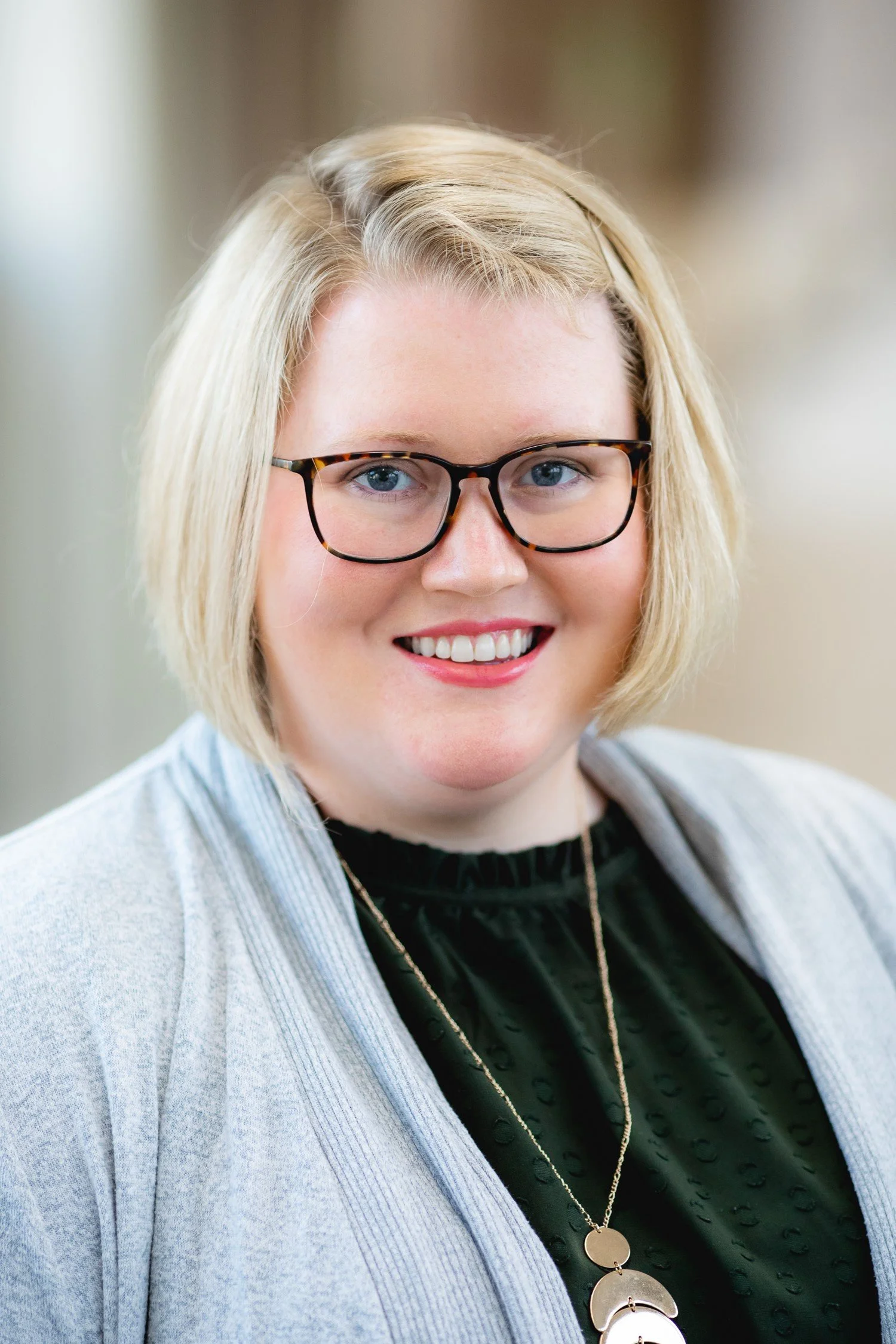Mental Health Professional Highlight: Clinical Psychologist, Dr. Lindsay Flegge
Lindsay G. Flegge, Ph.D., HSPP
According to the American Psychological Association, Mental health is a state of mind characterized by emotional well-being, good behavioral adjustment, relative freedom from anxiety and disabling symptoms, and a capacity to establish constructive relationships and cope with the ordinary demands and stresses of life.
In a current study conducted by Mental Health America, it was found that: 21% of adults are experiencing at least one mental illness. That’s roughly 50 million people. 55% of adults with a mental illness have not received any treatment.
Over 1 in 10, youth in the U.S. are experiencing depression that is severely impairing their ability to function at school or work, at home, with family, or in their social life.
There are many professionals who work in the area of mental health, and we were able to chat with Dr. Lindsay Flegge, who practices as a Clinical Psychologist!
“Mental health is health!”
What led you to work in the mental health field?
I always knew that I wanted to help people and I started my career as a social worker. I ended up learning so much about inequalities in receiving mental health treatment, especially in specific areas such as assessment and biofeedback where many clinicians are in private practice. I decided that I wanted to go back to school to become a psychologist to help expand accessible options for receiving mental health care.
What are common misconceptions about mental health and treatment?
I think people assume they need to wait to have a “mental break” or a crisis before seeking care instead of thinking about caring for your brain just like any other part of your body. Our brains need specific care to perform at their best and learning skills through therapy and having regular “check-ups” with your thoughts, feelings, and behaviors can help your brain work most efficiently.
What are things we should know about mental health?
Mental health is health! It shouldn’t be separated and stigmatized as its own category but instead be integrated into the rest of your healthy living plan, just like we care for our heart and lungs. We can practice preventative care for mental health, as well, just like we have regular vision and dentist appointments. It’s always a good thing to be learning skills to help manage stress, build resilience, and improve relationships.
What resources would you recommend to anyone who is interested in learning more about mental health and/or treatment?
Many people are struggling with stress right now. I encourage people to look into mindfulness-based stress reduction and self-compassion when trying to manage busy loads.
What advice do you have for current and/or future mental health providers?
I encourage future mental health providers to take the time to learn about all the different avenues for working in the mental health field. Different programs and licenses can look very different out in the real world as compared to the shiny program brochure. It’s important to talk to program alumni and see if their careers match up with your expectations. It’s also helpful to ask for shadowing opportunities and get an idea of all the places where mental health providers work. The field of mental health is very broad and there are many different opportunities, which is nice if you want to expand your reach but can also be overwhelming when you’re trying to find a place to start.

